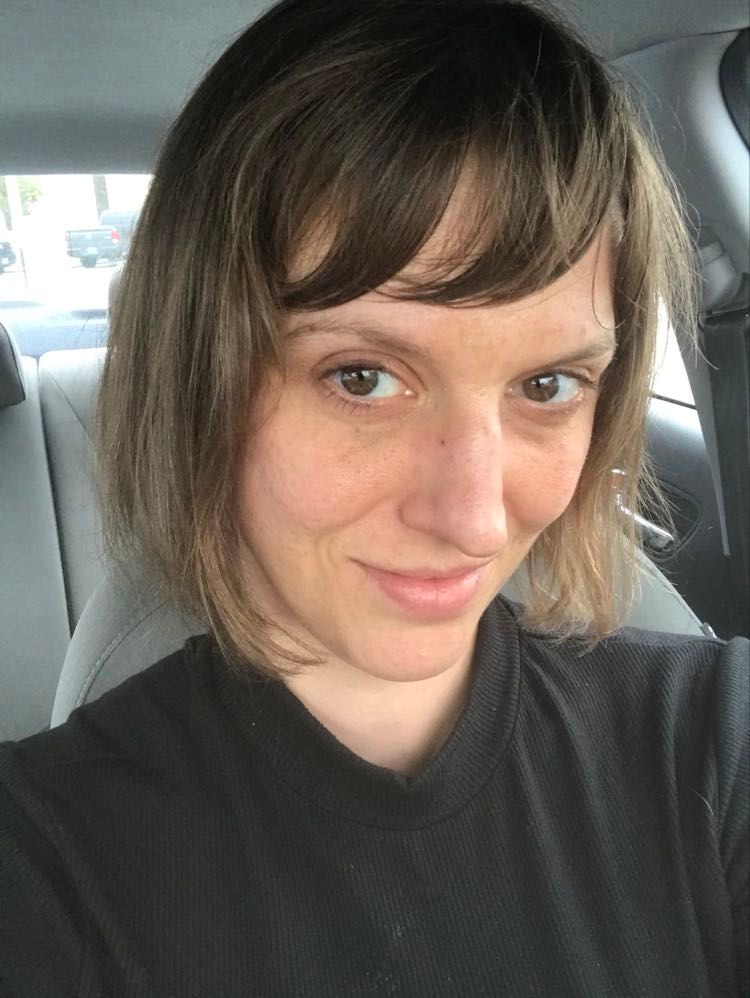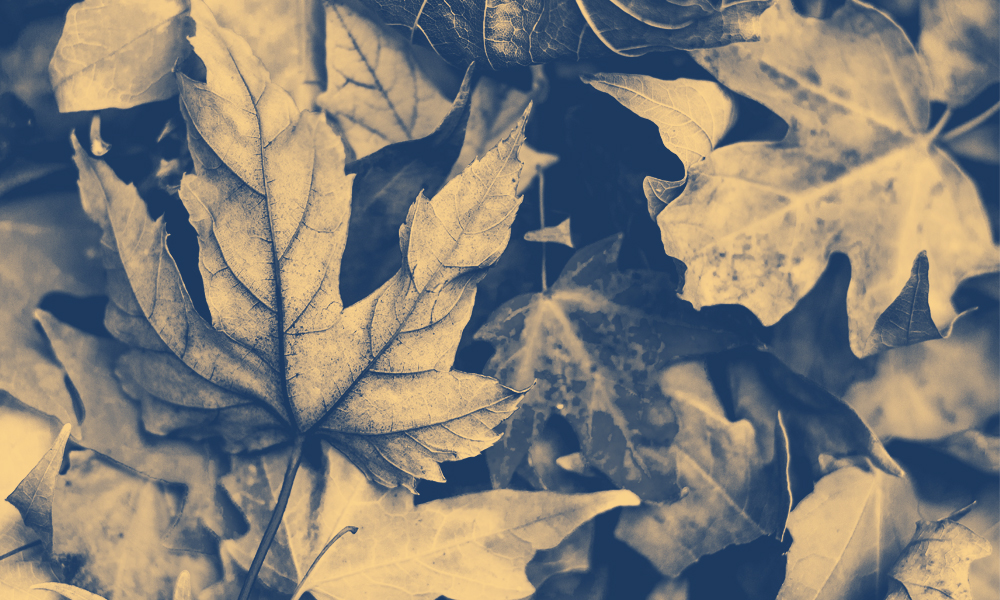
Beth Meko grew up in north central West Virginia and currently lives in Knoxville, Tennessee. Her short fiction has appeared or is forthcoming in the 2021 Anthology of Appalachian Writers, Valparaiso Fiction Review, and Wilderness House Literary Review.
Click here to read Beth’s story “Night Drive” from our fall 2021 issue!
What’s the best bit of craft advice you’ve been given? Are there any craft books you’d recommend?
I highly recommend A Swim in the Pond in the Rain by George Saunders. It changed the way I approach writing and think about stories. The most helpful advice for me from this book was “Always be escalating.” It seems simple, but with everything else that goes into creating a story, it can be easy to forget that what holds it together and keeps someone reading is, at its most basic, a series of cause and effect. My writing is very character-driven, so while drafting stories, I often find myself getting lost in my characters’ thoughts and impressions, to the point where maybe nothing happens outside the character for a while. While revising stories, it’s worthwhile to ask yourself: Is one thing leading to the other? Are the stakes intensifying, is the pressure building, and are these events building on each other as the story progresses? Keeping this advice in mind has helped me to improve my fiction.
Okay, now what’s the worst?
“Kill your darlings,” from a writer who had taken this classic advice to mean that in every story you should kill off a small animal or child!
One last advice-focused question: do you have any advice for writers who are just starting out?
In many ways I’m just starting to find my way, so I feel pretty unqualified to offer much in the way of guidance. But advice that seems foolproof is the following: Read, read, and read some more. Read authors you admire, and notice how they tell the stories they’re telling. That’s the best way to learn and the best way to be inspired.
Do you write from experience? From familial memory? From daydreams or fantasies?
There are always elements of all three. I rely on instinct a lot—if something feels right, I put it down and come back to look at it during revision. Often some of these details and characters contain something close and familiar to me such as a childhood memory or a family story. Or a detail will slip in from something I happened to notice in passing on the street, or something from a dream the night before. I think one of the best things about writing is that it’s a very intuitive process. You’re pretty much mining your subconscious, and you find all kinds of interesting things there.
If you have a regular writing practice, what do you do to protect your writing time?
I used to push myself to write a certain number of words per day. Over time, I noticed that this approach was not helping me to produce my best work, because too often I was just rushing to fill the quota. Also, that approach ignored the whole act of revising, which is just as important to the writing process, if not more so! My writing life changed for the better when I stopped setting daily quotas, and focused more on the quality of what I was getting accomplished. Also, when you have a full-time job and other responsibilities, large chunks of time to devote to writing are hard to come by. I used to see writing as something that needed to be done in grueling, hours-long sessions, and although that’s often the truth, I’ve learned not to undervalue the small steps forward that mini-sessions can provide. Even if I can only sit down to write for twenty minutes, I do it, and at least have produced something.
Where do you seek inspiration?
I try not to consciously seek inspiration, because for me trying to make it happen is one sure way to be left with a head devoid of ideas, staring at a white page. Inspiration comes at random times: while taking a shower, mowing the lawn (honestly, I have quite a history of coming up with ideas during yard work!), innocently driving down the street, etc. The best ideas always seem to come to me when I’m hiking or traveling somewhere, miles from my computer or a sheet of paper.
When things have you feeling low, what’s one way you seek joy or build hope?
I have always been drawn to animals as a source of joy and connection, so when I’m feeling down, I tend to go nuzzle my cat. Research has shown that spending time with animals gives your feel-good chemicals a boost, which, I guess, is why pet therapy is a thing. My partner and I adopted three cats last year, and even during the worst of times, they have never failed to boost my spirits and make me laugh out loud. Plus, they love and need us too, and nurturing an animal who depends on you is its own reward.
Who is one writer you wish more people would read?
I think there is some magnificent work coming out of the Appalachian region in recent years that deserves a wider audience. Appalachian writers have a particularly strong sense of place in their fiction, and storytelling is just part of the Appalachian culture. Over the past three years, I’ve had some wonderful instructors at the Appalachian Writer’s Workshop in Hindman, Kentucky. I admire all of their writing, but if I had to pick one of these authors, it would be Ann Pancake, who writes with an astonishing beauty and grace about the region. In her essay “Dear West Virginia” from several years back, she captures perfectly her connection to her home state, and how that place has informed and enriched her work. I share Ann’s connection with West Virginia, so that makes the essay all the more powerful for me, but you don’t necessarily have to be from Appalachia to relate to the deep, conflicting bonds we have with our places of origin.
Picture this: you’ve just finished a long writing session and are between the world of the page and the reality around you. What’s one action you take to root yourself back in your non-writer identity? Maybe it’s making a cup of coffee or tea, perhaps it’s a walk with a loved one or pet, or even some time reading another writer’s work.
I don’t consciously do this, although maybe it would be a good idea! I guess if there’s one thing that will send me crashing back to earth, it’s checking my work email or my bank balance.
What are you currently reading? Books, magazines, the back of the cereal box, CVS receipts . . . it all counts!
I’m reading Think Little by Wendell Berry, which was given to me by a friend, and Rachel Cusk’s collection of essays, Coventry, which was a gift from another friend. Obviously, I have friends with good taste!
Where do you write? Do you have any rituals you follow before turning to the page?
I have no rituals, although I do try to close all the windows on my laptop and focus squarely on the page. I write at the kitchen table with my cat competing for attention with my laptop—the same place where I have work meetings and teach my online class. But I’m planning to remedy this situation by renovating my spare bedroom into my own personal workspace/writer’s study (I’m currently shopping around for the perfect desk).
